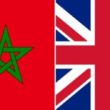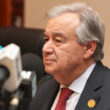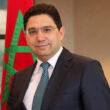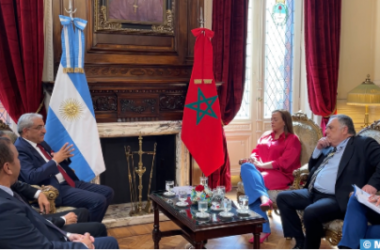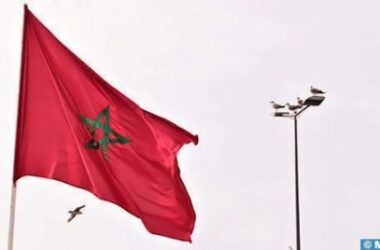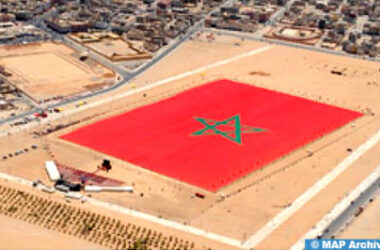The diplomat’s statement comes in an op-ed that was published on Thursday in Colombian daily newspaper El Espectador.
Loudaya voiced, on the occasion of the celebration of Africa Day, her hope “that we will again fully exploit the existing potential and seek more opportunities, allowing us to build on strong foundations, a solid relationship based on trust and mutual respect for our common values, and especially respect for our sovereignty and territorial integrity.”
She further expressed how she was “convinced that what unites Morocco and Colombia goes far beyond the contingencies of the moment,” adding that “the future of our relations offers even more opportunities for our two countries and I hope that the current Colombian authorities will share, again, this same vision.”
In this article, published under the title “Morocco, a key partner in Africa”, the Kingdom’s ambassador stressed in this context that thanks to its privileged position, “Morocco represents a gateway for Latin America into Africa, where the opportunities offered within the framework of a broader and multifaceted transatlantic cooperation could be fully exploited”.
At the bilateral level, Loudaya recalls that Morocco and Colombia have maintained diplomatic relations and cooperation for nearly half a century. Their trade recorded a sharp increase in the first half of last year, making Morocco the fourth largest African customer of Colombia.
Reviewing the tangible facts that testify to this fruitful relationship, the Moroccan ambassador cited the Agreement on visa exemption for ordinary passports between Morocco and Colombia, which came into force on November 28, 2021, making Morocco the first African country to exempt Colombians from visas.
Referring to Morocco’s place in Africa, Loudaya recalled that Morocco was a founding member of the Organization of African Unity (OAU) on May 25, 1963, which later became the African Union (AU), underlining the fight led by Morocco’s late sovereigns, Kings Mohammed V and Hassan II, in defense of the pan-African project and their support for the continent’s struggle for prosperity and growth.
It is in this same spirit,” added the ambassador, “that His Majesty King Mohammed VI remains unfailingly attached to our continent and to African unity, advocating the emergence of a new Africa, a strong Africa, an audacious Africa that takes responsibility for defending its interests, an influential Africa in the concert of nations, an Africa that is master of its own destiny”.
Morocco also pursues a policy of active South-South cooperation in the political, economic, commercial, cultural, religious and security fields, with extensive participation in peacekeeping operations on the continent, she underlined.
In addition, the Kingdom plays a very important role in food security, being one of the world’s leading producers of fertilizers, becoming an axis of agricultural transformation in Africa, a continent that today holds 60% of the world’s remaining arable land.
Morocco is also a leader in renewable energies.
Loudaya praised “Colombia’s interest in implementing a policy of rapprochement with Africa in order to create new alliances for cooperation with the continent”, adding that “opening new doors does not necessarily mean closing those that are already open and have achieved tangible results, as is the case with the strategic partnership with Morocco”.



